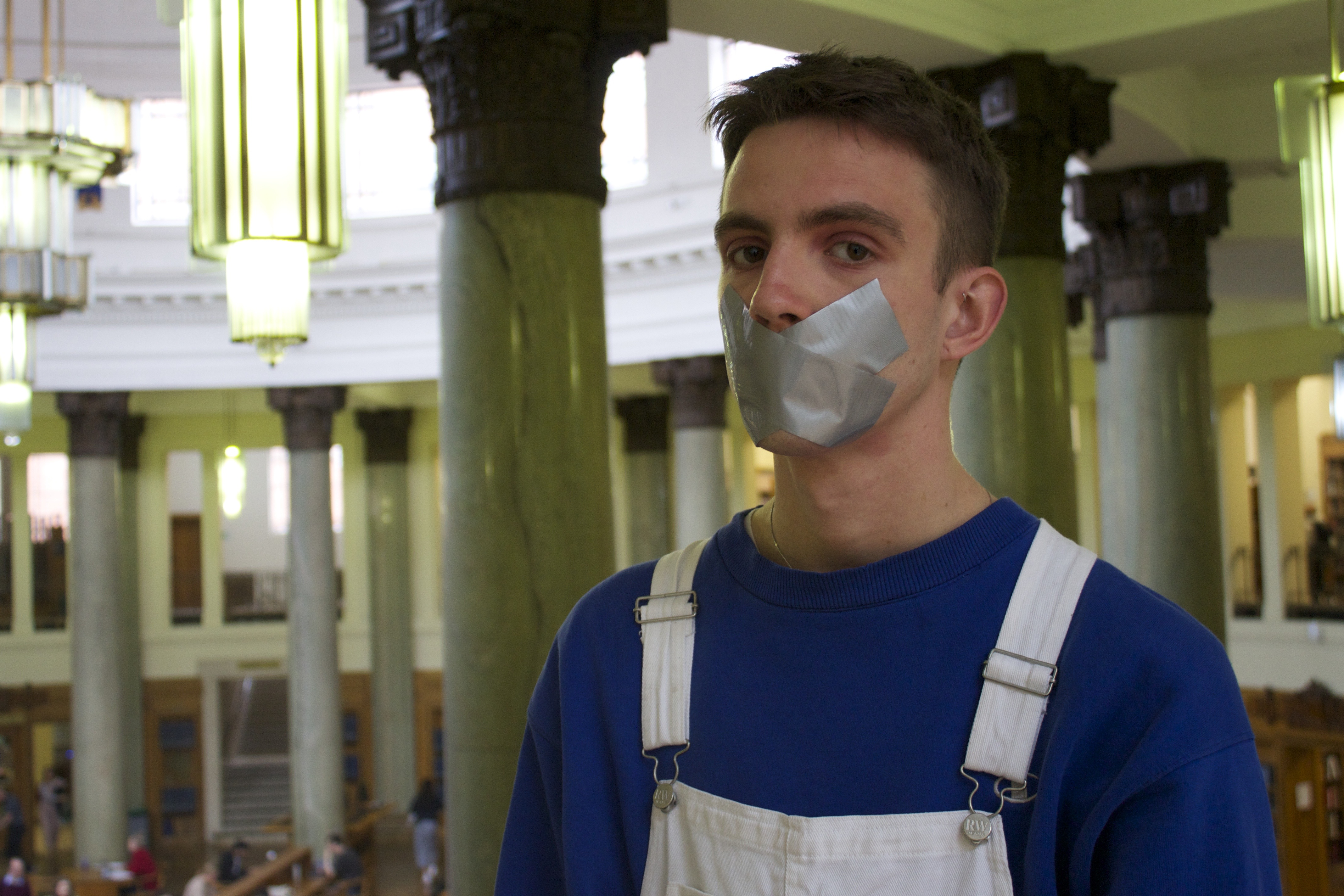The extensive use of NDAs at UK universities has been called into question by academics and lawyers alike.
Universities in the UK have spent around £87 million since 2017 on pay-offs that included non-disclosure agreements (“NDAs”), and are now being accused of preventing allegations of bullying, discrimination and sexual misconduct from becoming public.
The news comes after the BBC sent Freedom of Information requests to 136 universities around the UK, asking how much they had spent on settlements that included ‘gagging clauses’.
Gagging clauses and NDAs are conditions of employment or settlement which explicitly forbid employees from publicly disclosing information about their employer or workplace, or sometimes about the nature of any dispute or the value or existence of a monetary settlement.
Due to their highly restrictive nature, and in recognition of what is often an inequality in bargaining power between employer and employee, Universities UK, the representative organisation for Universities in the UK, told The Guardian that they “expect senior leaders to make it clear that the use of confidentiality clauses to prevent victims from speaking out will not be tolerated.”
Although settlements involving gagging clauses or NDAs can offer a speedy resolution to accusations of misconduct, they do not prevent issues of misconduct from reoccurring to other members of staff. The danger of such a common use of NDAs then is that universities may be prioritising short-term fixes at considerable financial costs, rather than bringing about long-term and positive change through serious self-analysis and self-investigation.
Nevertheless, the fact that NDAs are believed to have been included in around 4,000 university settlements across the UK since 2017 indicates just how widespread the issue truly is. In an interview with the BBC, Anahid Kassabian, a former music professor at the University of Liverpool who felt that she was “bullied” out of her 10-year position, said:
“I think very frequently we are put into positions where we are financially without recourse and have to sign the non-disclosure agreement or not be able to eat and live. And that, in and of itself, is a technique that ought not to be possible from Universities.”
In response to Kassabian’s comments to the BBC, the University of Liverpool said: “We refute these allegations in the strongest possible terms. Ms Kassabian was not subject to discrimination or bullying and the university did not fail to make reasonable adjustments. Settlement agreements with a standard confidentiality clause are used for a range of cases including conduct, capability and redundancy. As we too are bound by confidentiality, we are unable to provide specifics in relation to her case.”
Image: [Polly Hatcher]

